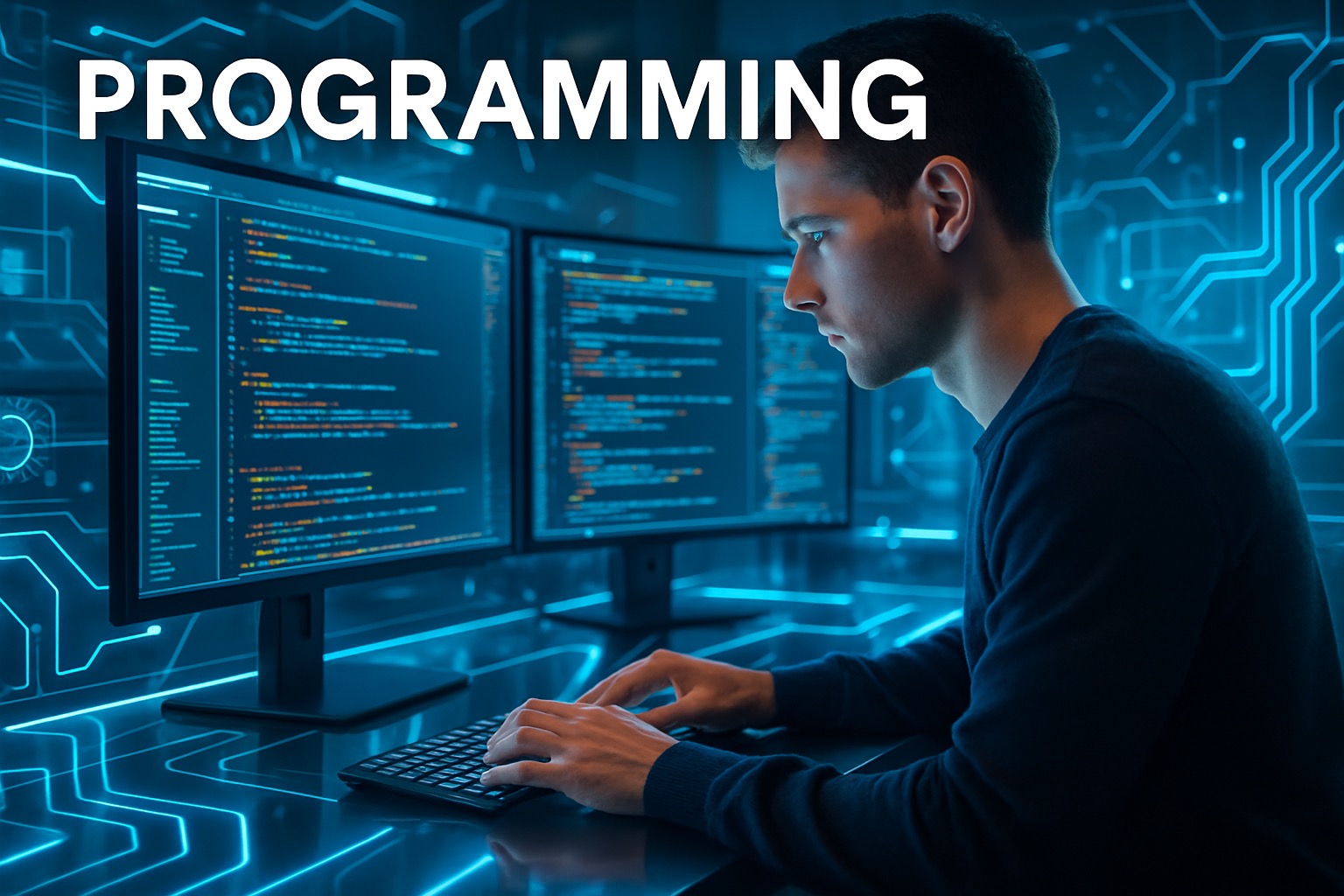In today's digital age, programming stands as the cornerstone of technology, driving innovation and shaping the future. Whether it's creating a simple website, developing a complex algorithm, or building a groundbreaking application, programming is the key that unlocks the door to endless possibilities. But what exactly is programming, and why is it so important?
What is Programming?
At its core, programming is the process of designing and building an executable computer program to accomplish a specific computing result. It involves writing code in various programming languages such as Python, Java, C++, and JavaScript. These languages act as a bridge between human instructions and machine understanding, enabling computers to perform a wide range of tasks.
The Importance of Programming
1. Problem Solving and Automation
Programming empowers individuals and organizations to solve complex problems and automate tedious tasks. From automating daily workflows to managing large datasets, programming helps streamline processes, saving time and reducing human error.
2. Innovation and Creativity
Programming is not just about writing code; it's a creative process that involves designing solutions and bringing ideas to life. It allows developers to innovate and create new products, services, and experiences that can transform industries and improve lives.
3. Career Opportunities
With the rise of technology, the demand for skilled programmers is at an all-time high. A career in programming offers diverse opportunities, competitive salaries, and the potential for remote work. From software development to data science, programming skills are essential in various fields.
Getting Started with Programming
1. Choose a Language
Begin by selecting a programming language that aligns with your goals. Python is a great starting point for beginners due to its simplicity and readability. If you're interested in web development, JavaScript might be a good choice. For mobile app development, consider learning Swift or Kotlin.
2. Learn the Basics
Understand the fundamental concepts of programming, such as variables, data types, control structures, and functions. Online resources, tutorials, and coding bootcamps can provide a solid foundation.
3. Practice Regularly
Programming is a skill that improves with practice. Work on small projects, participate in coding challenges, and contribute to open-source projects. The more you code, the more proficient you'll become.
4. Join a Community
Engage with other programmers through forums, social media, and local meetups. Communities provide support, knowledge sharing, and networking opportunities, which can be invaluable as you progress in your programming journey.
The Future of Programming
As technology continues to evolve, programming will play an even more critical role in shaping our world. Emerging fields such as artificial intelligence, machine learning, and quantum computing rely heavily on advanced programming techniques. Moreover, the rise of low-code and no-code platforms is making programming more accessible, allowing individuals with little to no coding experience to create sophisticated applications.
In conclusion, programming is both an art and a science that opens up a world of opportunities. Whether you're looking to solve problems, express your creativity, or embark on a lucrative career, learning to program is a valuable investment in your future. Embrace the journey, stay curious, and keep coding!

